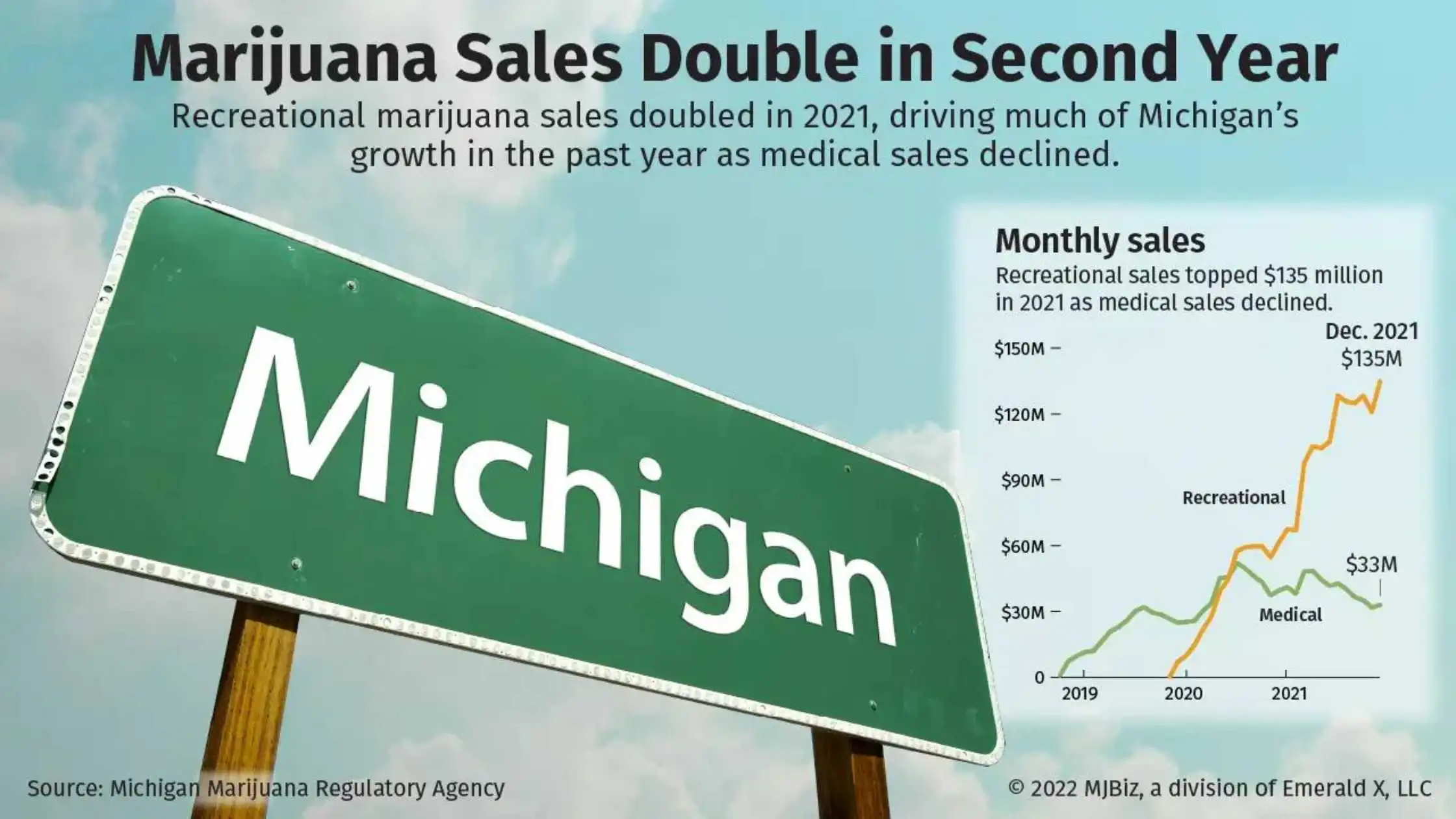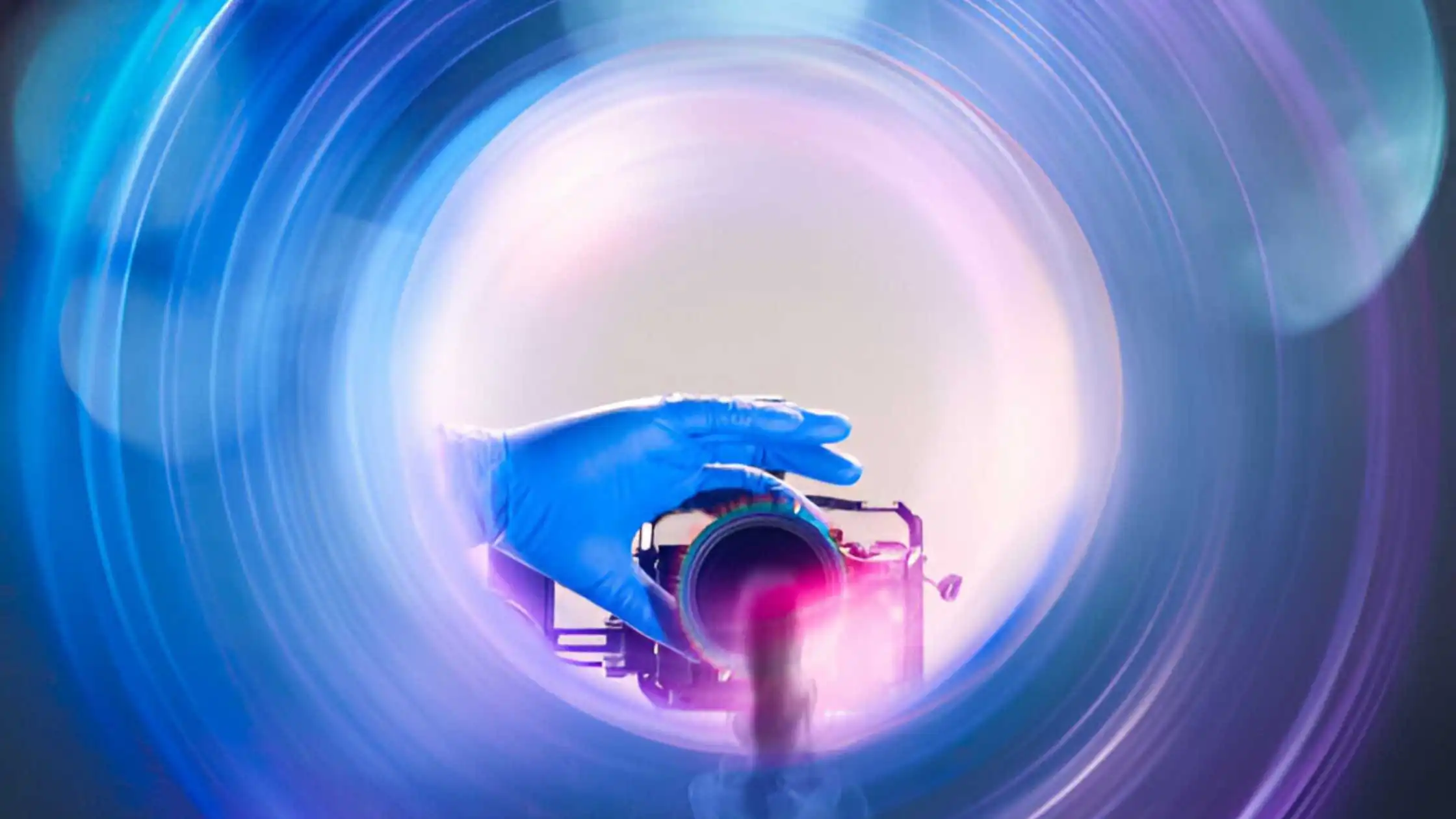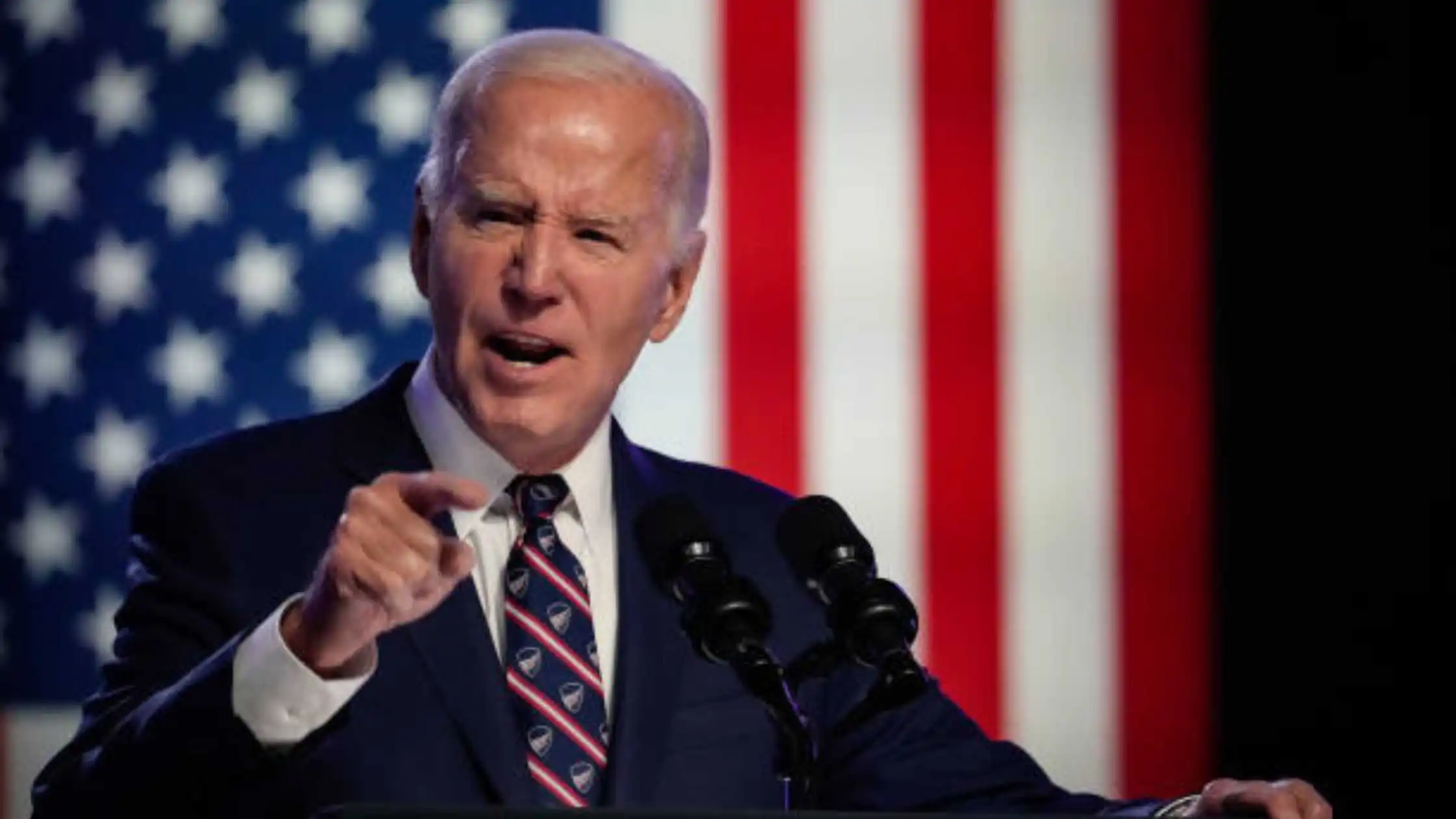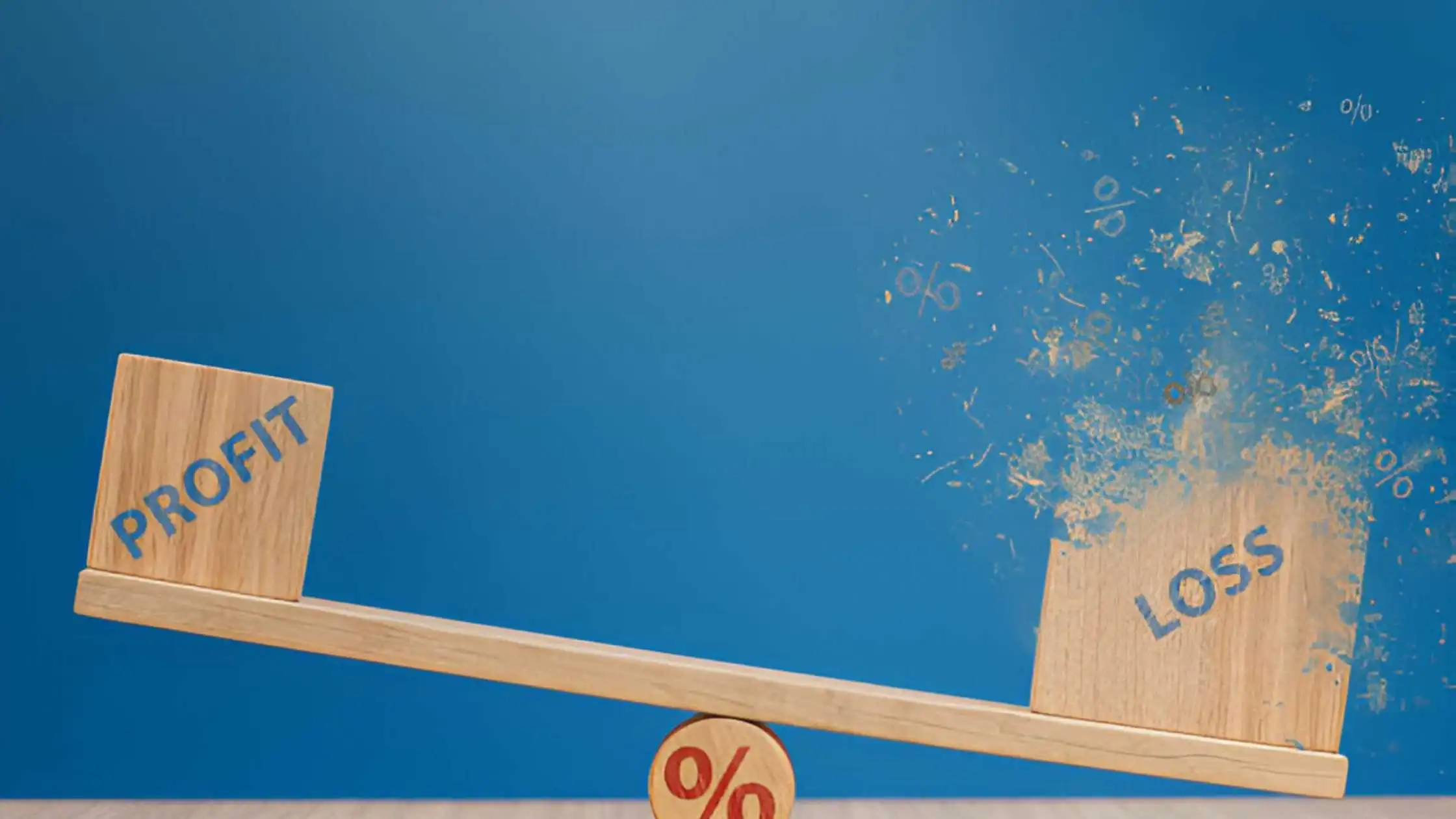Michigan’s recreational marijuana sales doubled in 2021, the program’s sophomore year, fueling overall MJ sales and more than offsetting a decline in medical cannabis purchases.
The rapid growth in the past two years, driven by strong demand, has vaulted Michigan’s monthly sales ahead of those in more established markets such as Colorado.
Combined sales of medical and recreational marijuana products in Michigan reached $168 million in December 2021, just shy of the $171 million monthly sales record set in July.
By comparison, Colorado’s combined medical and recreational markets generated $158 million in sales in November, the latest numbers available.
Much of Michigan’s growth has been driven by recreational sales. Monthly sales have doubled since January 2021, with December sales topping $135 million.
Marijuana sales requiring a medical marijuana card declined last year as the recreational market gained its footing and patients left the MMJ program.
Medical sales slid 20% in 2021 after peaking at $52 million in July 2020.
December medical sales were only $33 million.
More than 7,500 qualifying patients left Michigan’s MMJ program in 2021, with 30,000 having left since January 2019.
Caregivers, those able to grow plants, are also slowly exiting the system.
More than 8,000 have left since January 2019.
Michigan’s growth is more about demand than pricing.
Both medical and recreational retail prices have dropped substantially since the adult-use market opened in December 2019, a result of increasing production as more cannabis businesses came online.
With more than 500 active recreational cultivation licenses, there is no shortage of marijuana in the state.
The number of active plants in the recreational system more than tripled in one year, with 717,000 active plants in December 2021.
At the same time, the amount of marijuana being held at processors, retailers, and growers, as tracked by Michigan’s Marijuana Regulatory Agency (MRA), has been surging since October 2021.
Overall inventory grew 80% from September to December last year, a sign that the state’s cultivation infrastructure is in full swing.
But without similar expansion into a market such as Detroit, where a recreational marijuana market is bogged down in the courts, extra inventory will lead to further downward price pressures.
According to the MRA, the average retail price for an ounce of marijuana in the state in December was $184.90 in the recreational market and $175.57 for MMJ, a 64% drop for adult use and 34% for medical since January 2019.
According to retail sales data from Seattle-based data-analytics firm Headset, the pricing trend extends to other categories.
The average item price for recreational edibles in December has lost almost 29% since January 2019.
The average item price of vape pens plummeted by nearly $20 in that same period.
However, some categories experienced price increases.
The average item price of pre-rolls and topicals has grown 20% since January 2019.
While they are a sliver of the total market, beverage prices have grown almost 30% since they were introduced in May 2020.
While overall prices have declined, most recreational categories have experienced sales growth in Michigan’s first two years.
Flower sales, the largest category with almost 47% of total sales, went from $48 million in the first quarter of 2020 to $223 million in the fourth quarter of 2021.
Sales of edibles have tripled since the first quarter of 2020, with $62 million in sales in the fourth quarter of 2021.
With almost 15% of the market, vape pen sales grew from $38 million in the first quarter of 2020 to $108 million in the fourth quarter of 2021.
Significant growth hasn’t made the market bulletproof, however.
Sales stalled in most categories during the last quarter of 2021, a trend seen in other states such as Colorado and Oregon.
Disclaimer: https://mjbizdaily.com/michigan-recreational-marijuana-sales-double-in-2021-lifting-overall-market/





